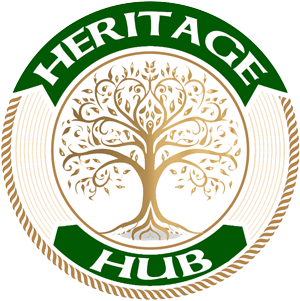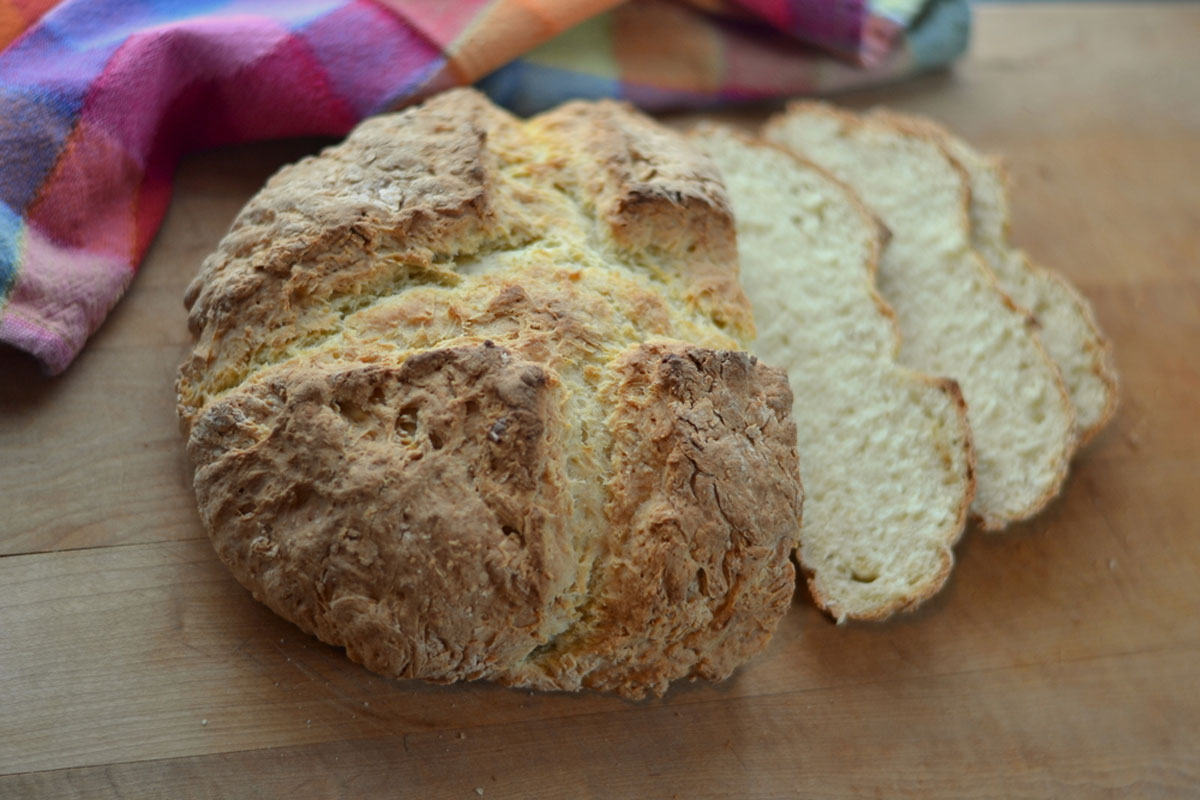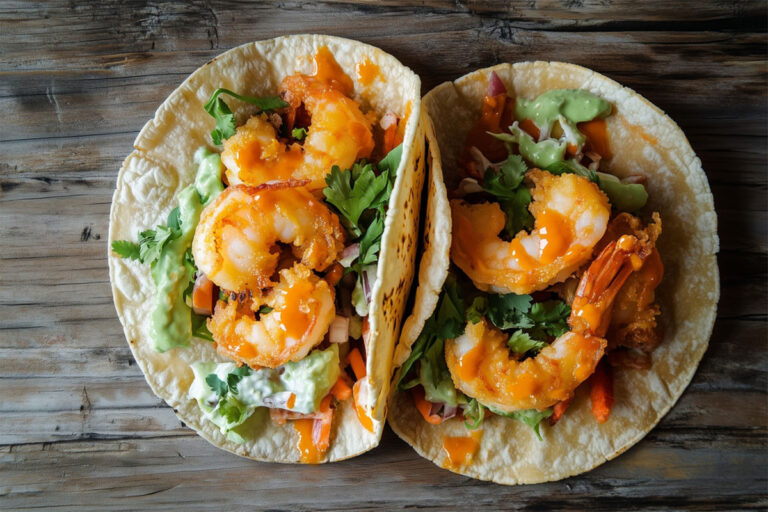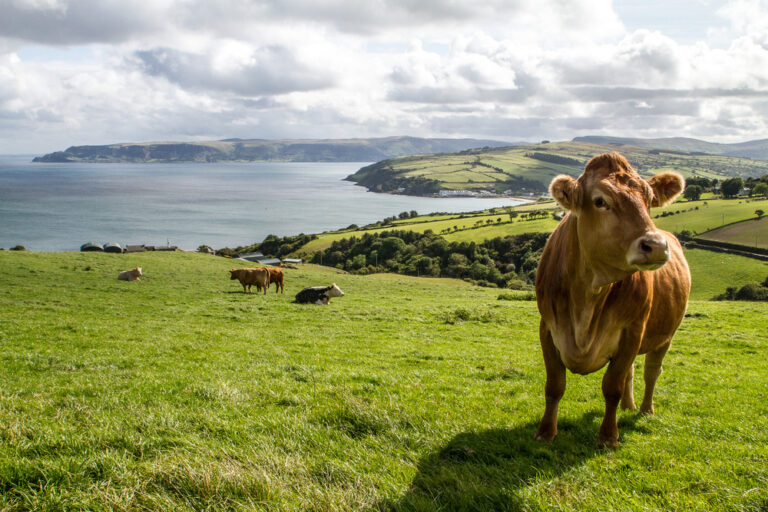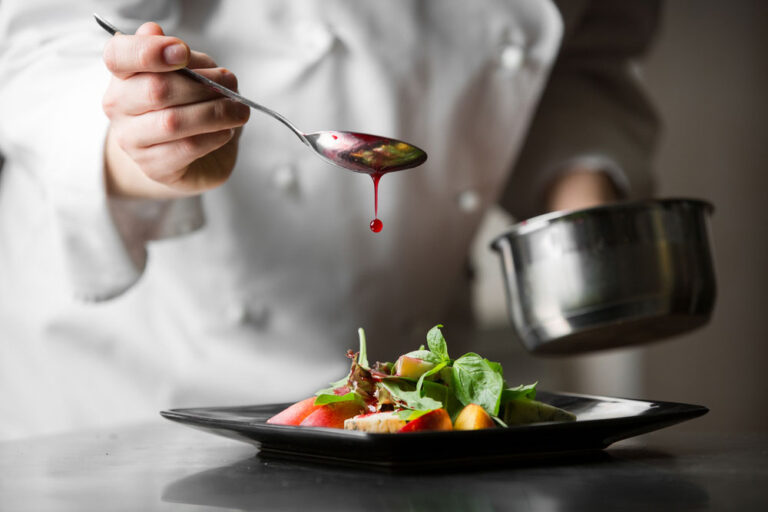Introduction to Ireland’s Artisan Food Scene
Ireland’s culinary landscape is experiencing a renaissance, driven by a growing community of passionate artisan food producers. These dedicated individuals and small-scale operations are committed to quality, sustainability, and preserving traditional methods while introducing innovative techniques.
The Rise of Artisan Foods in Ireland
The movement towards artisan food production in Ireland has gained momentum over the past few decades. With a renewed interest in local, organic, and sustainably produced foods, consumers are seeking alternatives to mass-produced products. This shift has paved the way for artisans who prioritize quality over quantity and embrace the rich agricultural heritage of Ireland.
Defining Artisan Foods
Artisan foods are characterized by their handcrafted nature and limited production. These products often rely on traditional techniques, passed down through generations, and are made with locally sourced ingredients. The focus is on maintaining the integrity of the product, resulting in exceptional taste and quality.
The Importance of Local and Sustainable Practices
Ireland’s artisan food producers are not just about creating delicious products; they are also champions of sustainable and ethical practices. Many producers prioritize organic farming, animal welfare, and environmental stewardship. This commitment to sustainability ensures that their products are not only good for consumers but also for the planet.
Economic and Cultural Impact
The artisan food sector has become an important part of Ireland’s economy, contributing to job creation, tourism, and community development. Local food markets, festivals, and farm shops attract visitors and provide a platform for producers to showcase their goods. Moreover, the emphasis on preserving traditional methods and flavors helps maintain Ireland’s rich culinary heritage.
Spotlight on Artisan Producers
Now we will explore the stories of several notable artisan food producers across Ireland. From cheesemakers and bakers to charcuterie specialists and brewers, these individuals represent the diversity and creativity that define Ireland’s artisan food scene. Their dedication to their craft and commitment to quality set them apart and offer a unique insight into the heart of Irish food culture.
The Cheesemakers of County Cork
County Cork, with its rolling green pastures and rich dairy farming tradition, is a haven for cheesemakers. Here, the art of transforming milk into cheese is practiced with passion and precision.
A Rich Dairy Tradition
County Cork’s lush, fertile land and temperate climate provide ideal conditions for dairy farming. This region has long been associated with high-quality dairy products, and its cheesemakers continue to uphold this legacy. The milk produced here is known for its richness and flavor, thanks to the diverse grasses and herbs that the cows graze on.
Milleens Cheese
One of the pioneers of the Irish farmhouse cheese movement, Milleens Cheese was founded by Veronica and Norman Steele in the 1970s. Their small, family-run operation in Beara Peninsula has gained international acclaim for its washed rind cheese. Milleens Cheese is characterized by its creamy texture and complex, tangy flavor, a result of the meticulous washing and aging process. The Steeles’ commitment to traditional methods and high-quality milk has made Milleens a beloved staple in the artisan cheese community.
Durrus Cheese
Durrus Cheese, produced by Jeffa Gill in West Cork, is another gem in the region’s cheesemaking crown. Since the late 1970s, Jeffa has been crafting her signature semi-soft cheese using raw cow’s milk from her own herd. The unique microflora of the region, combined with Jeffa’s artisanal techniques, gives Durrus Cheese its distinctive flavor profile, featuring earthy, nutty, and slightly fruity notes. The dedication to preserving the natural characteristics of the milk and the local environment is evident in every wheel of Durrus Cheese.
Gubbeen Cheese
Tom and Giana Ferguson of Gubbeen Farmhouse in Schull are celebrated for their diverse range of cheeses, particularly Gubbeen Cheese. Their operation is a true family affair, with the Fergusons’ children involved in different aspects of the business, from farming to charcuterie. Gubbeen Cheese is a semi-soft, washed rind cheese known for its rich, buttery texture and complex flavors, which develop through careful aging. The Fergusons’ holistic approach to farming, which includes sustainable practices and animal welfare, ensures that their cheeses are not only delicious but also ethically produced.
Carrigaline Farmhouse Cheese
Carrigaline Farmhouse Cheese, produced by Ann and Pat O’Farrell, offers a variety of cow’s milk cheeses that have become a staple in Irish households. Their range includes mild, creamy cheeses as well as more robust, mature varieties. The O’Farrells’ dedication to quality and innovation has led to the creation of award-winning cheeses that are enjoyed both locally and internationally. Their farm-to-table approach, where they oversee every step of the process from milking to aging, guarantees the highest standards of production.
Supporting Local Producers
The cheesemakers of County Cork exemplify the best of Ireland’s artisan food scene. Their dedication to traditional methods, sustainable practices, and high-quality ingredients results in products that are celebrated around the world. By supporting these local producers, consumers help to preserve Ireland’s rich dairy heritage and promote the continued growth of the artisan food sector.
RECOMMENDED READING: IRELAND’S CHEESE CULTURE: FROM CHEDDAR TO BLUE, EXPLORING IRISH CHEESES
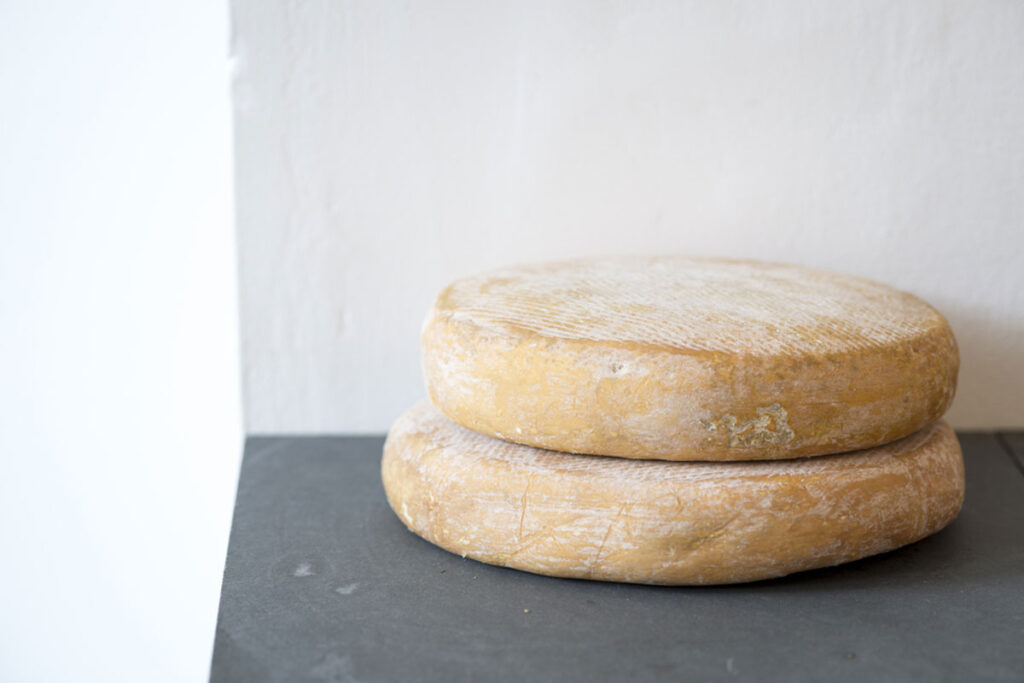
The Bakers of Ireland
Ireland’s baking tradition is deeply rooted in its history, with recipes passed down through generations and evolving into the diverse array of baked goods enjoyed today. From hearty soda bread to delicate pastries, Irish bakers are celebrated for their skill and creativity.
Traditional Irish Soda Bread
No exploration of Irish baking would be complete without mentioning soda bread. This iconic loaf, traditionally made with just four ingredients—flour, baking soda, salt, and buttermilk—has been a staple in Irish households for centuries. Its simplicity belies the rich, tangy flavor and dense, moist crumb that make it so beloved.
Many bakers across Ireland continue to produce soda bread using time-honored methods. One such baker is Mary O’Sullivan from Ballyvourney in County Cork. Mary’s soda bread, baked in a cast-iron pot over an open flame, captures the essence of traditional Irish baking. Her use of locally sourced buttermilk and organic flour ensures each loaf is packed with authentic flavor.
RECOMMENDED READING: RISING TO TRADITION: EXPLORING THE RICH LEGACY OF IRISH SODA BREAD
Artisan Sourdough
While soda bread holds a special place in Irish hearts, the rise of artisan sourdough bread has brought a new dimension to the country’s baking scene. Sourdough’s long fermentation process results in a complex flavor profile and a chewy, airy crumb that has captivated modern bakers and consumers alike.
Seagull Bakery in Tramore, County Waterford, is at the forefront of this sourdough renaissance. Founded by Sarah Richards, the bakery is known for its rustic, hand-crafted loaves made with organic, locally milled flour. Sarah’s commitment to slow fermentation and natural leavening techniques has earned her sourdough a loyal following.
Sweet Treats and Pastries
Ireland’s baking prowess extends beyond bread to include an array of sweet treats and pastries. Traditional favorites like barmbrack, a fruit-studded bread, and porter cake, made with stout beer, showcase the country’s rich culinary heritage.
In Galway, Griffins Bakery has been delighting locals and visitors with its wide selection of baked goods since 1876. Now run by the fifth generation of the Griffin family, the bakery is renowned for its scones, fruit tarts, and sponge cakes. Each item is made using family recipes and the finest ingredients, reflecting the bakery’s commitment to quality and tradition.
Modern Innovations
While many Irish bakers hold fast to tradition, others are pushing the boundaries with innovative flavors and techniques. In Dublin, Bread 41 is known for its creative approach to baking. Owner Eoin Cluskey combines traditional methods with modern twists, producing everything from classic croissants to inventive creations like matcha brioche and miso caramel donuts.
Another innovative baker is Patrick Ryan of Firehouse Bakery in County Wicklow. Patrick’s passion for wood-fired baking is evident in his wide range of breads and pastries, each imbued with a distinctive smoky flavor from the brick oven. His bakery not only produces exceptional baked goods but also serves as a hub for baking workshops and community events.
Supporting Local Bakers
Ireland’s bakers, whether adhering to tradition or exploring new frontiers, play a crucial role in the country’s culinary landscape. Their dedication to their craft and commitment to quality ingredients ensure that every loaf and pastry they produce is a testament to the rich heritage and vibrant future of Irish baking.
The Art of Irish Charcuterie
In recent years, Ireland has experienced a revival in the art of charcuterie, with a new generation of artisans embracing traditional methods and local ingredients to produce a range of cured meats that reflect the country’s rich agricultural heritage. Let us now explore the world of Irish charcuterie, meeting the producers who are bringing this ancient craft back to life and elevating it to new heights.
Reviving Tradition
Irish charcuterie has deep roots, with methods of curing and preserving meat passed down through generations. Historically, these techniques were essential for survival, allowing communities to store meat through the long winter months. Today, artisans are reviving these age-old practices, infusing them with a modern sensibility and a commitment to sustainability.
At the forefront of this movement is Fingal Ferguson of Gubbeen Farmhouse Products in County Cork. The Ferguson family has been farming at Gubbeen for generations, and Fingal’s charcuterie operation is a natural extension of their dairy and cheese-making enterprise. Using pork from their own free-range pigs, Fingal crafts an array of products, from salami and chorizo to pancetta and bacon, all characterized by their depth of flavor and artisanal quality.
Local Ingredients, Global Techniques
While many Irish charcuterie producers stay true to traditional methods, they also incorporate influences and techniques from around the world. This fusion of local and global is evident in the products of McGeough’s Artisan Butchers in County Galway. Owner James McGeough combines his Irish heritage with skills he learned in Germany to create a unique range of cured meats, including his famous air-dried Connemara lamb. The result is a distinctive product that celebrates both Irish ingredients and international charcuterie techniques.
Sustainability and Animal Welfare
A key element of the Irish charcuterie revival is a focus on sustainability and animal welfare. Many producers emphasize the importance of using high-quality, locally sourced meats from animals that have been raised ethically. This commitment not only ensures superior flavor and texture in the finished products but also supports local farming communities and promotes environmental stewardship.
The Wooded Pig in County Meath is a prime example of this philosophy in action. Founded by Eoin and Aoife Kirwan, The Wooded Pig specializes in charcuterie made from their own herd of rare-breed, free-range pigs. The Kirwans are dedicated to maintaining high welfare standards and practicing sustainable farming methods, resulting in products that are as ethically sound as they are delicious.
Innovative Flavors
Innovation is another hallmark of Ireland’s charcuterie renaissance. Producers are experimenting with new flavors and techniques, often incorporating local herbs, spices, and other ingredients to create unique products that stand out in a crowded market.
Ispíní, a charcuterie company based in County Mayo, exemplifies this innovative spirit. Founders Hans and Gaby Wieland use traditional German and Dutch methods to craft their sausages and cured meats, while also drawing on the flavors of the Irish landscape. Their signature product, Wild Atlantic Way Salami, features a blend of pork, wild garlic, and seaweed harvested from the nearby coast, resulting in a truly distinctive taste of Ireland.
The Future of Irish Charcuterie
As Ireland’s charcuterie producers continue to hone their craft and push boundaries, the future looks bright for this sector of the country’s food industry. The combination of traditional skills, high-quality local ingredients, and a spirit of innovation ensures that Irish charcuterie will continue to grow in popularity, both at home and abroad.
Ireland’s Artisanal Beverage Producers
As we conclude our journey through Ireland’s vibrant artisanal food scene, we turn our attention to the country’s burgeoning beverage industry. From craft beers and spirits to innovative non-alcoholic drinks, Ireland’s beverage producers are making waves both locally and internationally. In this final part we explore the creativity and craftsmanship behind some of Ireland’s finest artisanal beverages.
Craft Beer Revolution
The craft beer movement has taken Ireland by storm, with a plethora of microbreweries popping up across the country, each offering unique and flavorful brews. These breweries often emphasize local ingredients and traditional brewing methods, resulting in beers that reflect the character and heritage of their regions.
Galway Bay Brewery is one of the pioneers of Ireland’s craft beer scene. Founded in 2009, the brewery quickly gained a reputation for its bold and innovative beers. From the rich and malty Full Sail IPA to the crisp and refreshing Althea Pale Ale, Galway Bay Brewery’s offerings showcase the diverse range of styles and flavors that have come to define Irish craft beer.
In the heart of Dublin, The Porterhouse Brewing Company has been at the forefront of the craft beer revolution since 1996. Known for its robust stouts and flavorful ales, The Porterhouse combines traditional brewing techniques with a modern twist. Their award-winning Oyster Stout, brewed with fresh oysters, is a testament to their commitment to creativity and quality.
Distilling Tradition and Innovation
Ireland’s distilling heritage is renowned worldwide, and the recent revival of craft distilleries has breathed new life into this storied industry. Artisanal distillers are combining traditional methods with innovative approaches to produce a range of exceptional spirits.
Dingle Distillery, located on the picturesque Dingle Peninsula, is a shining example of this renaissance. Established in 2012, Dingle Distillery was one of the first new distilleries to open in Ireland in over a century. Their small-batch whiskey, gin, and vodka have garnered critical acclaim for their quality and craftsmanship. Dingle Whiskey, in particular, stands out for its complex flavors and smooth finish, achieved through careful aging in a variety of casks.
On the east coast, Glendalough Distillery draws inspiration from the rich history and natural beauty of its surroundings. Named after the monastic settlement of Glendalough, the distillery produces a range of spirits that pay homage to Ireland’s monastic heritage. Their Wild Botanical Gin, infused with foraged botanicals from the Wicklow Mountains, captures the essence of the Irish landscape in every sip.
Non-Alcoholic Innovations
The rise of non-alcoholic beverages has also seen a surge in artisanal producers creating innovative and flavorful alternatives. These drinks offer a sophisticated and satisfying option for those who choose to abstain from alcohol without compromising on taste or quality.
A key player in this movement is The White Hag Irish Brewing Company, which, in addition to their craft beers, has developed a line of non-alcoholic sodas. Their Púca range, named after a mythical Irish creature, features refreshing and unique flavors such as elderflower and hibiscus. These sodas are crafted with the same attention to detail and commitment to quality as their alcoholic counterparts, making them a popular choice among both drinkers and non-drinkers alike.
Seedlip, although not exclusively Irish, has made a significant impact on the non-alcoholic beverage scene in Ireland. This pioneering brand produces distilled non-alcoholic spirits that offer a sophisticated alternative to traditional cocktails. Their Garden 108 and Spice 94 varieties provide complex, layered flavors that elevate the non-alcoholic drinking experience, allowing consumers to enjoy the ritual and pleasure of a finely crafted drink without the alcohol.
The Future of Irish Artisanal Beverages
As Ireland’s artisanal beverage industry continues to grow and evolve, the future looks exceptionally bright. The combination of traditional techniques, local ingredients, and innovative approaches ensures that Irish craft beers, spirits, and non-alcoholic drinks will continue to delight and inspire consumers around the world.
The passion and dedication of Ireland’s beverage producers are evident in every bottle and glass, reflecting a deep connection to the land and a commitment to quality that sets Irish artisanal beverages apart. Whether you’re raising a pint of craft beer, savoring a fine whiskey, or enjoying a refreshing non-alcoholic soda, you’re experiencing the best of Ireland’s rich culinary heritage and vibrant present.
This concludes our exploration of Ireland’s artisan food producers. From cheese and charcuterie to beverages and beyond, the creativity and craftsmanship of Ireland’s food artisans are a testament to the country’s rich culinary traditions and its exciting future.


